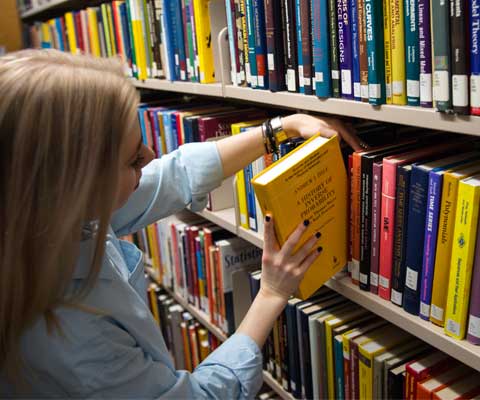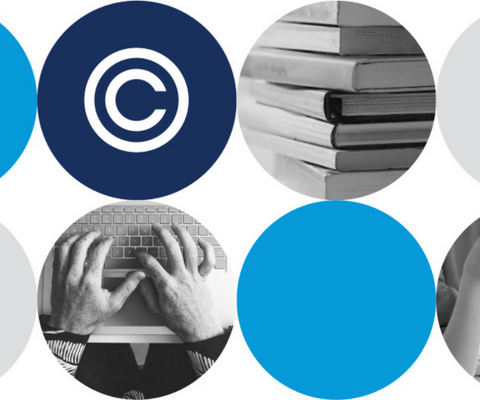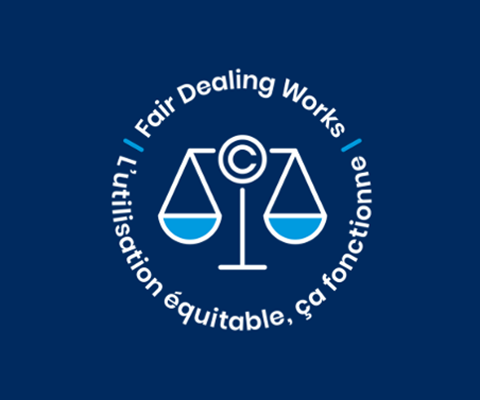Copyright and fair dealing
Our position
Universities understand both sides of copyright: users and creators. University researchers and professors are the creators of most of the content used on campus by students. That’s why they are seeking a balanced approach to copyright. And fair dealing is an important way of maintaining this balance.
Benefits to students
Maintaining fair dealing for education will ensure Canada’s young people continue to have the 21st century education demanded in our rapidly changing world.
Changing fair dealing would have a direct impact on the accessibility and quality of postsecondary education.
Digital disruption
University libraries have shifted from purchasing print to digital content where the terms of sharing and access are negotiated and controlled by contracts. Most libraries now have e-reserve systems making it easier for students to use library content on their personal devices 24/7. These systems are making printed course packs much less common.
Copyright compliance
Universities take copyright laws seriously. They follow fair dealing policies, invest in on-campus copyright offices and employ staff to educate the campus community about and promote compliance with copyright laws.
Recommendation
Universities recommend that Canada maintains a balanced approach to Copyright law by keeping fair dealing for education.
Download our policy brief Fair dealing works for more details.
The more access students have, to the widest breadth of ideas and information possible, the better equipped they are to cultivate subject matter expertise … and engage with fundamental debates.

Universities have spent over $1 B in the last three years combined on purchasing library content – and it’s increasing annually.
What universities are saying
Follow the conversations on Twitter
#fairdealingworks | #faircopyright | #copyrightreview
In the media
- Outdated copyright law hinders innovation and economic growth, Meera Nair, Edmonton Journal, September 12, 2018
- Restricting copyright exceptions detrimental to education, says student group, Raisa Patel, Canadian Press, April 25, 2018
- Fair dealing not to blame for publishers’ losses, education group tells MPs, Beatrice Britneff, iPolitics, April 17, 2018
- Is the staggeringly profitable business of scientific publishing bad for science?, The Guardian, June 27, 2017
- How copyright impacts the postsecondary education, Rosanne Waters, Policy Options, June 15, 2017
- The open educational resources movement is redefining the concept of online textbooks, Suzanne Bowness, University Affairs, April 4, 2017
- Baby you can drive my car: a defense of fair dealing and copyright, Nancy Simmons, Gazette, Memorial University, March 30, 2017
- Academic publishers reap huge profits as libraries go broke, CBC, June 16, 2015
Fair dealing resources
Myths and facts
Canadian Association of Research Libraries
Statements
Canadian Association of Research Libraries
Canadian Federation of Library Associations
Council of Ministers of Education, Canada
Websites
Canadian Association of University Teachers









